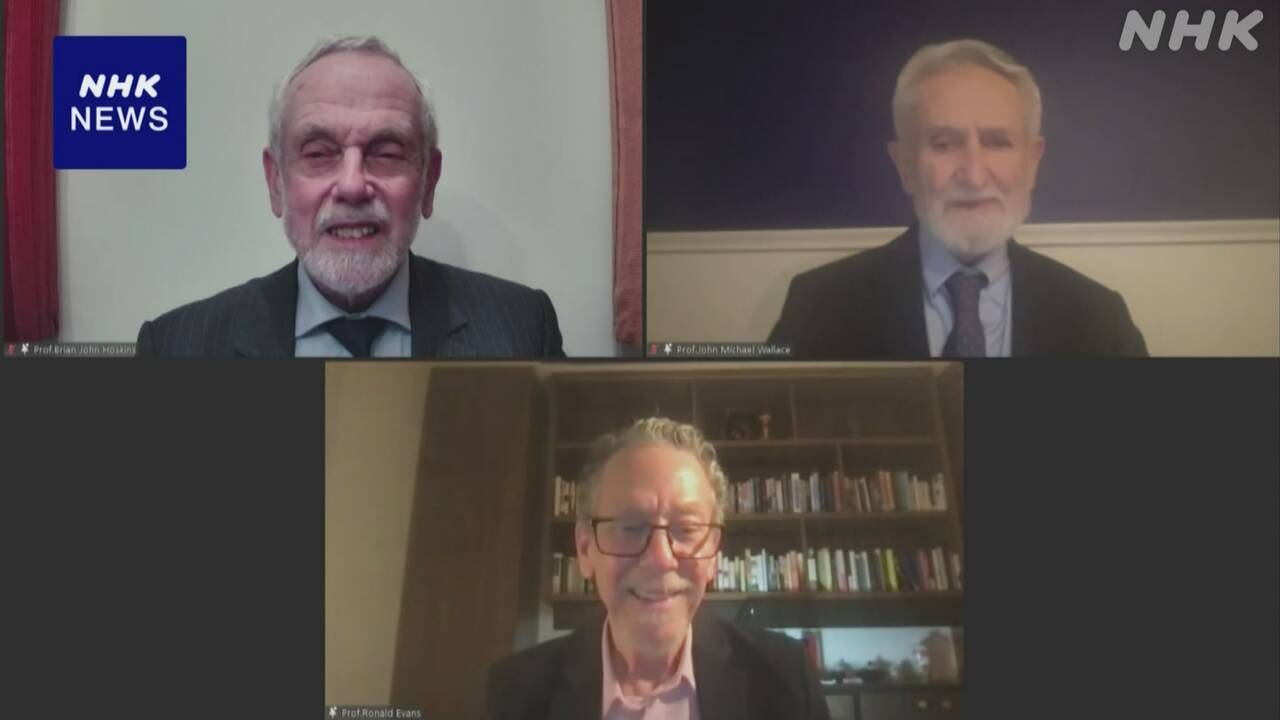TOKYO, Jan 24 (News On Japan) - Researchers from the United Kingdom and the United States, who have laid the foundations for meteorology widely used today through numerical modeling and data analysis to predict weather conditions in distant locations, have been selected as this year's recipients of the Japan International Prize.

The Japan International Prize is awarded annually by the Science and Technology Foundation to researchers who have made significant contributions to the peace and prosperity of mankind in the field of science and technology. This year's laureates include Dr. Brian Hoskins (78), a professor at the University of Reading in the UK, and Dr. John Wallace (83), an emeritus professor at the University of Washington in the USA.
Dr. Hoskins and his colleagues have been conducting research that forms the basis of the widely used weather forecasting and meteorology today, such as being the first to reproduce the development process of temperate cyclones in distant locations using numerical models since the late 1970s when weather forecasting still relied on the experience of forecasters, and identifying patterns of atmospheric circulation based on analysis data. The foundation pointed out that the half-century contributions of the two are significant as extreme weather-related disasters occur more frequently around the world in recent years, and the importance of weather forecasting for disaster prevention and mitigation has increased.
In the field of "medicine and pharmacology," Dr. Ronald Evans (74), a professor at the Salk Institute in the USA, who elucidated the mechanism by which hormones reach the cell nucleus in the body and contributed to the development of numerous therapeutic drugs, has been awarded. The award ceremony for the Japan International Prize will take place on April 16 in Tokyo.
Source: NHK


 by
by 











